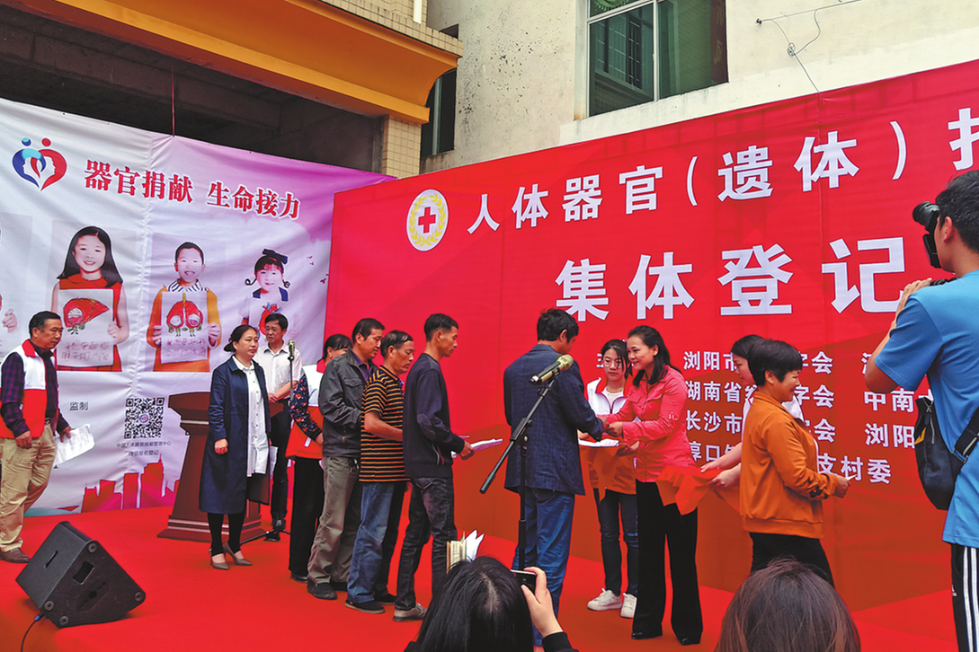AI set for publishing lead role
By Wang Ru | China Daily | Updated: 2023-06-27 07:45

AIGC helper provides ideas for writers, and produces designs of characters and scenes based on the chosen idea. After writing the novel, the helper corrects the logic and word choice of the story, then issues it on an online platform with automatic recommendatory words for chosen readers, she mentions.
"What one used to spend a whole day to complete, with an AIGC helper, can basically be completed in one minute," says Wang Ying.
From publishers' perspective, they often research on which types of novels are welcomed, but with a long creating and publishing process, when the books finally come out, readers often have changed their interests.
AI and big data can analyze and predict future tendencies, and thus help choose themes of books that can better meet market needs, says Wang Ying. She also says AIGC can produce audio versions of the books and illustrations for them, seek those who probably have interests in such books and introduce the books to them. As a result, it enhances the success rate of publishing.
"New technology represented by AIGC can have a giant influence on the publishing and media industries. We are supposed to be confident in embracing such technology, since any industry develops when it faces and responds to challenges," says Sun.
Zhu Benjun, deputy director of the publishing research institute of Peking University, specially discussed the digital publishing of ancient classic books.
According to Zhu, traditionally, publishing ancient classic books fell into three forms. The basic one is organizing ancient books under one theme and making them a collection without any revision or explanatory note. Another way is to publish the books with explanation or translation, to make them easier for people to understand. The third one is a re-creation based on ancient books, making them legendary novels and other literary creations.
He says digital technology can be used in all steps of publishing ancient classic books, thus promoting productivity and shortening the publishing time. Moreover, more forms of books besides the paper version, like e-books and database, can come out.
He also points out the new tendency that many collection institutions which own ancient classic books want to digitalize their collections and open them to the public. "For example, the National Library of China opened about 100,000 ancient classic books online to the public for free in recent years," says Zhu.
He believes publishers have a big role to play in this process with their edge in ensuring high-quality content. He suggests publishers take the lead in building a platform to help the institutions digitalize their ancient book resources, standardize the word and picture data and categorize the knowledge contained in them.
Contact the writer at wangru1@chinadaily.com.cn
























